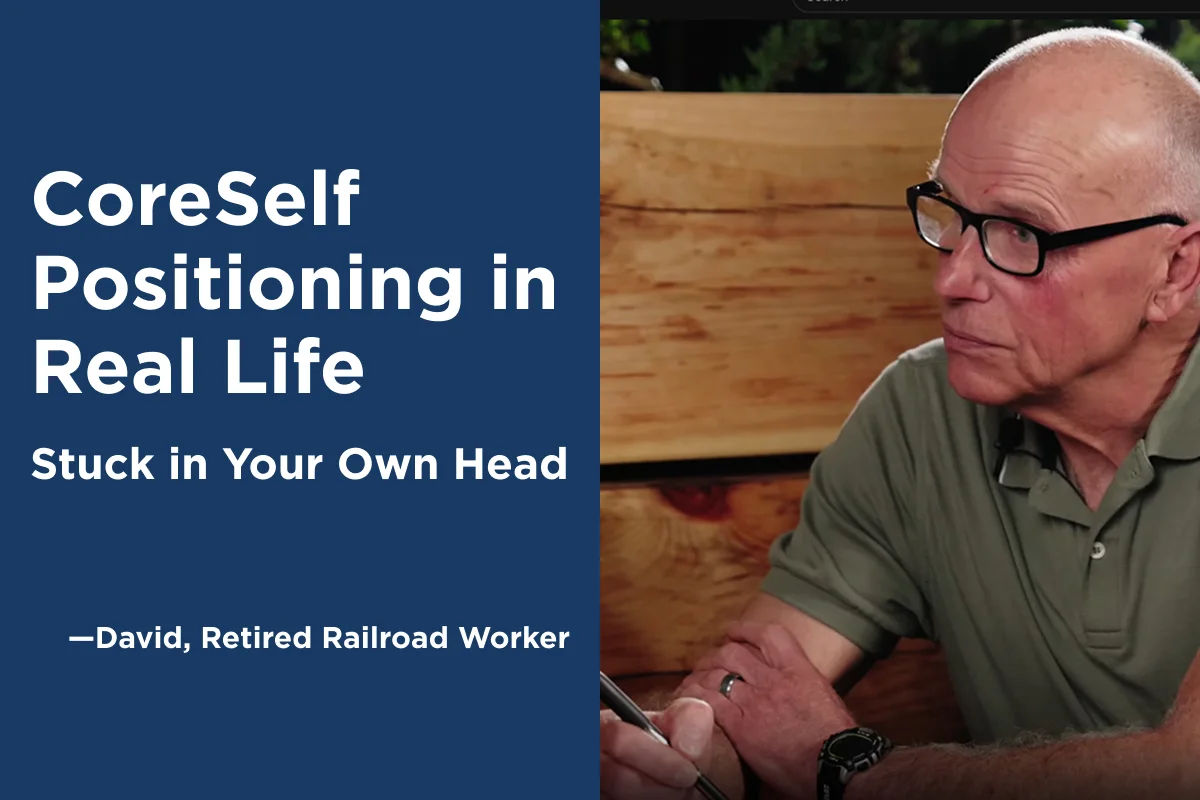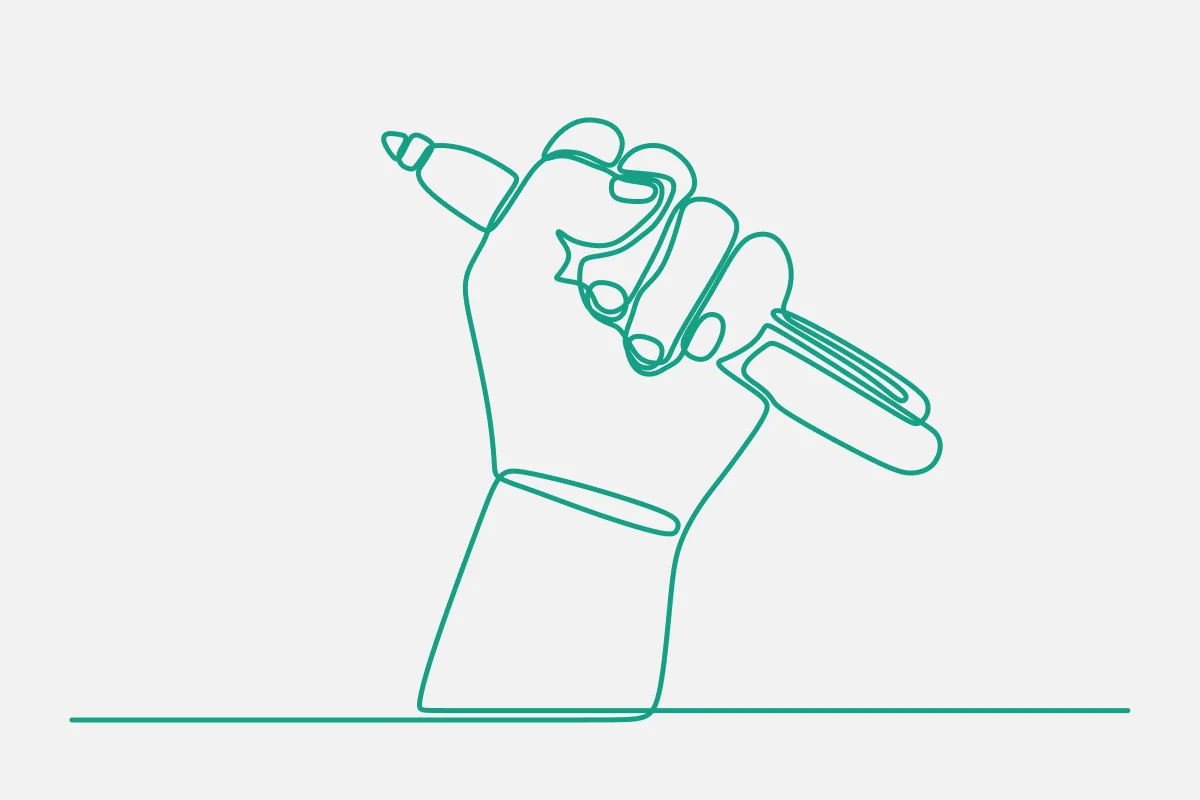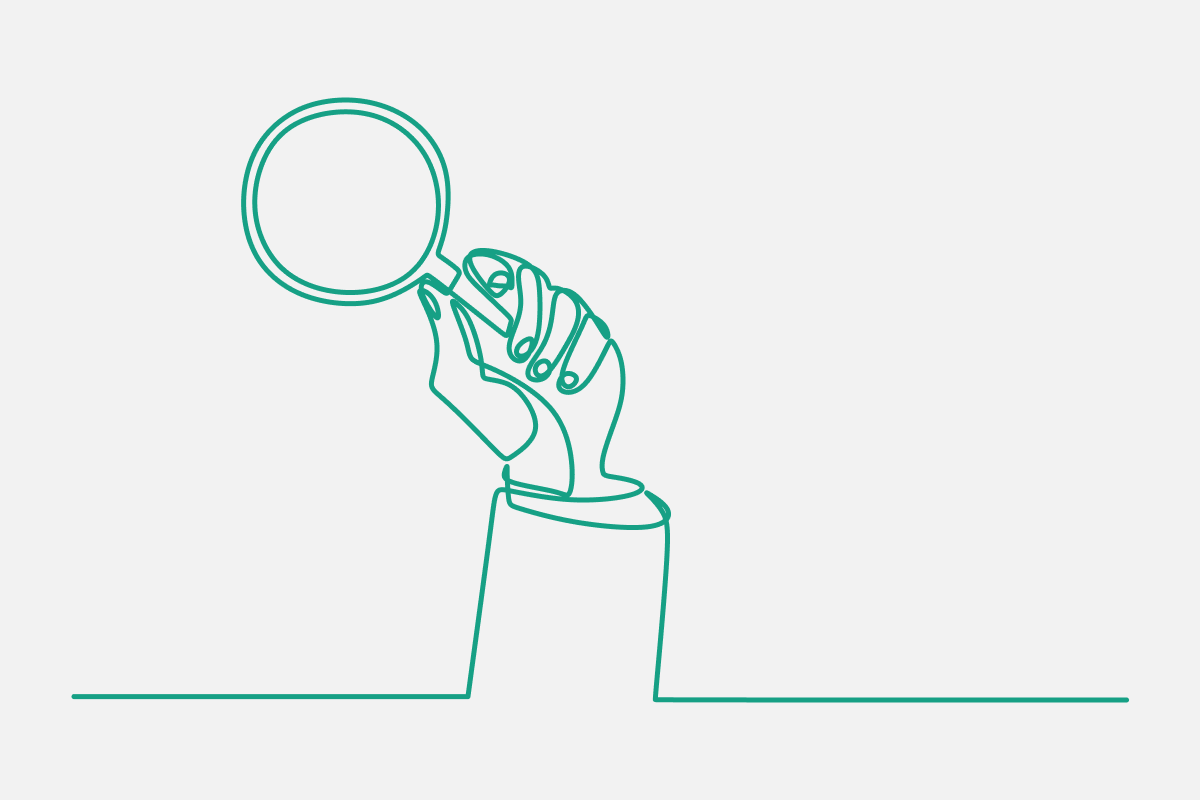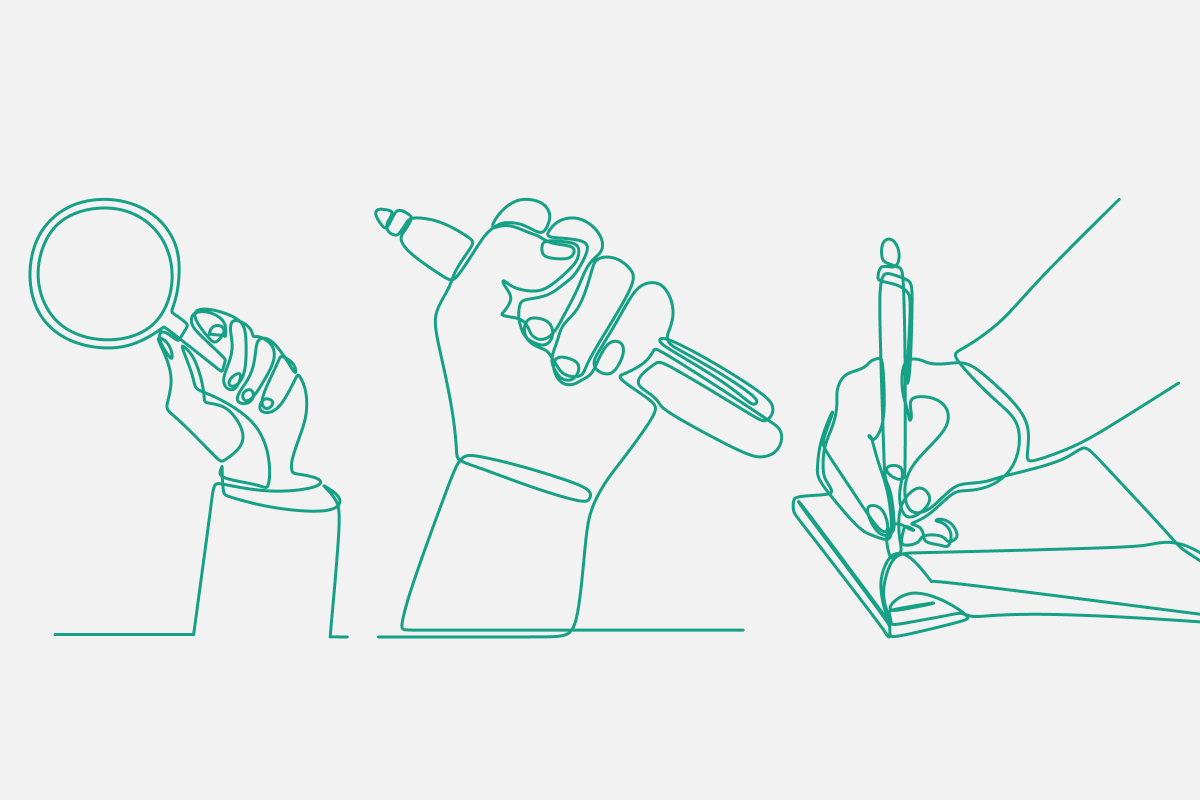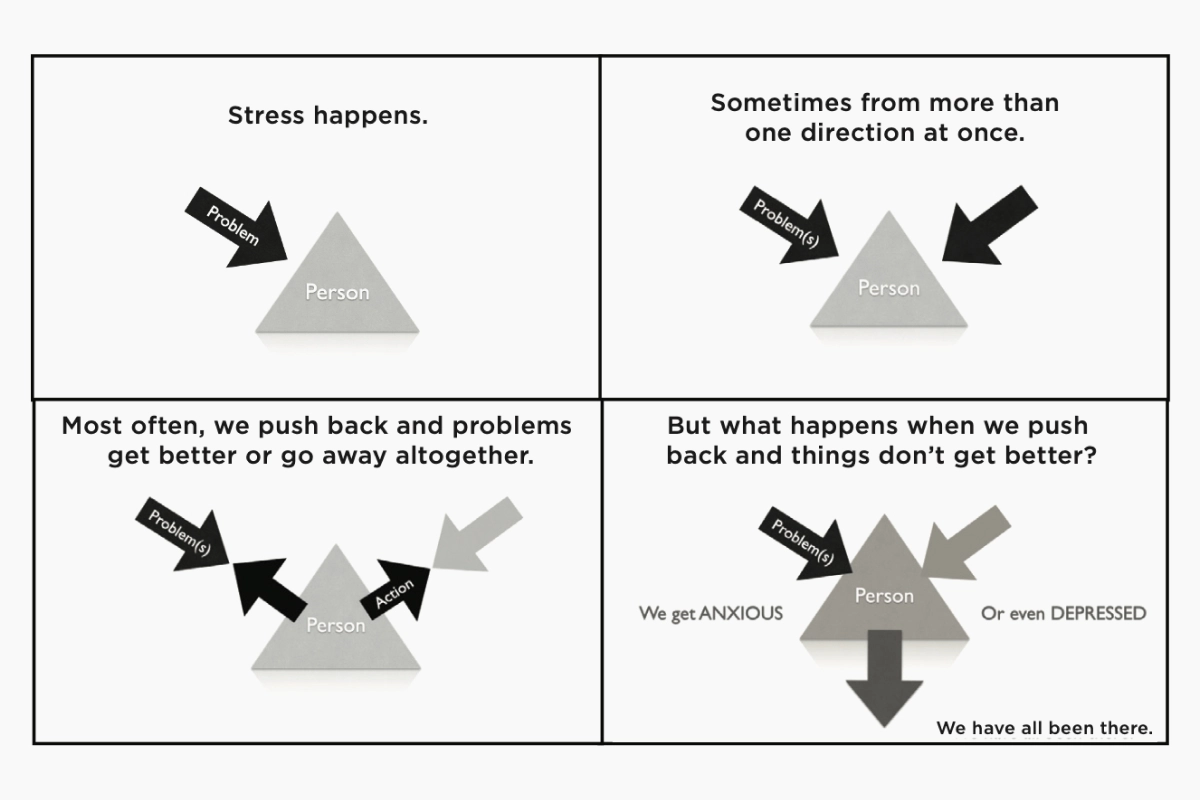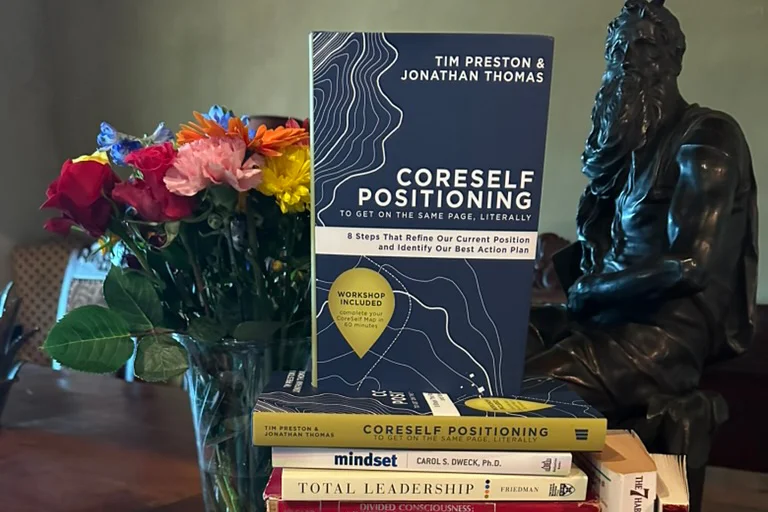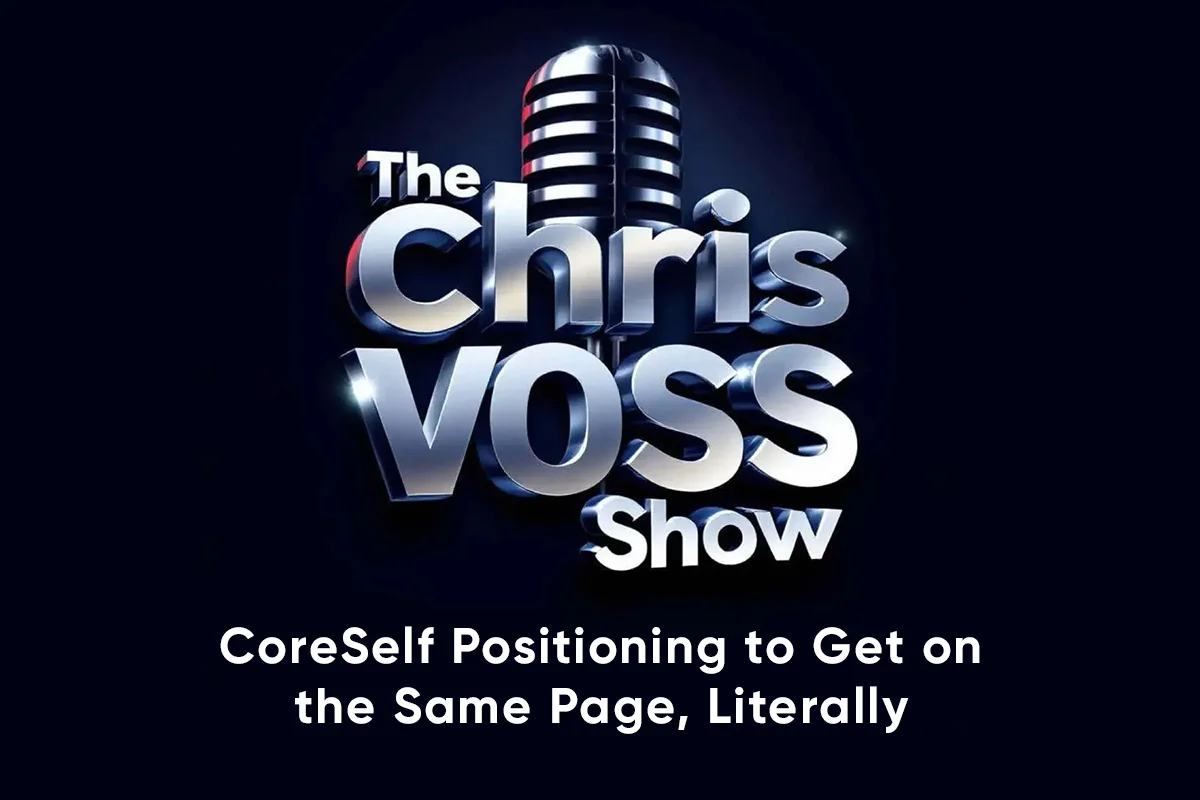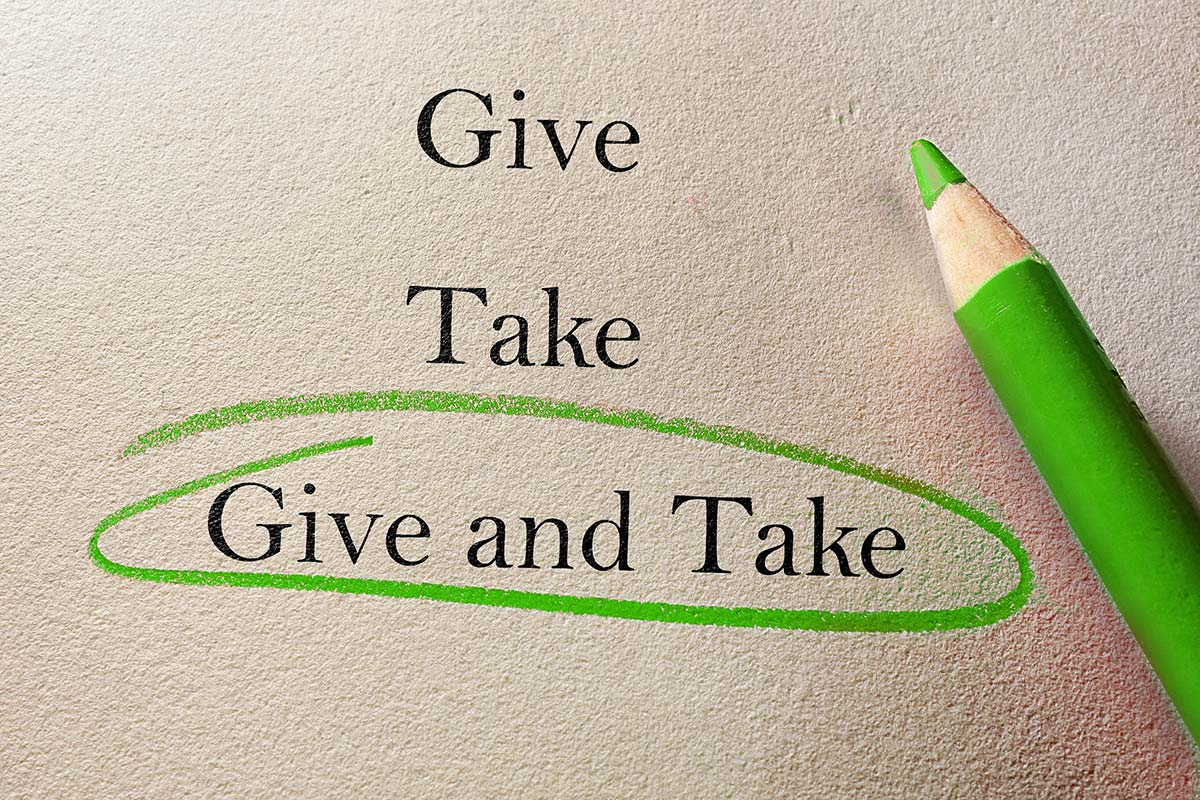Stuck in Your Own Head | CoreSelf Positioning in Real Life
Ever struggle with an event, question or situation that needs resolution, but you just get stuck in your own head? In this video, David works through a CoreSelf Map to help get “unstuck”.
The Lost Art of Daily Writing: Journaling for Energy and Resilience: Part 3
Long before notebooks and apps, humans left etchings on cave walls or carvings in stone— records of the hunt, the harvest, the building of monuments. These weren’t just decorations; they were a kind of early journal.
The Lost Art of Writing—and Learning: Part 2
Today, most students type or text before they pick up a pen. Those tools are helpful, but they push us toward speed, not depth. Learn how writing & slowing down changes things.
Rediscovering the Lost Arts of Observing and Writing: Part 1
Writing by hand is not nostalgia; it’s a distinct cognitive act. Handwriting recruits broader, more synchronized brain networks linked to learning, memory, and meaning making.
The Lost Arts Series
Explore how the “Lost Arts” of writing, observing and slowing down to learn and grow can be activated again and paired with modern tools for maximum strategic insight to the challenges and opportunities in life and work.
NBTs: A New Class of Tools for Self-Awareness Between Sessions
How Navigational Behavioral Tools (NBTs) help you find clarity when therapy, coaching—or even AI—isn’t present. Imagine this: You’ve just had a powerful moment with a therapist, coach, or even an AI assistant. Something clicked. You felt understood, clear, maybe even ready for action. Then… life resumes. Stress creeps in. A…
10 Books That Influenced—but Didn’t Define—CoreSelf Positioning
CoreSelf Positioning didn’t emerge in isolation. Check out the books that inspired, reinforced, influenced, and helped clarify what it was always meant to become.
CoreSelf Positioning Featured on The Chris Voss Show
With nearly 10 million downloads, The Chris Voss Show Podcast is a top 1% most popular shows out of over 3 million podcasts globally. Over 17 years, he’s conducted amazing interviews of top CEOs, Billionaires, Authors, Journalists, Politicans and others. This episode features Chris interviewing Tim Preston, co-author of CoreSelf Positioning to Get on the…
From Stakeholders to Energy Holders – Making it Happen
In sports and business, keeping score matters. In relationships, it often backfires. When we push too hard to “win,” we usually lose what matters most: trust, momentum, and shared purpose.
Overwhelmed, Uncertain, and Concerned: Finding Clarity in the Midst of Stress
How do you support well-being in times of change? It’s increasingly common to feel overwhelmed by demands, uncertain about next steps, or concerned about things beyond our control. How to get through it?
